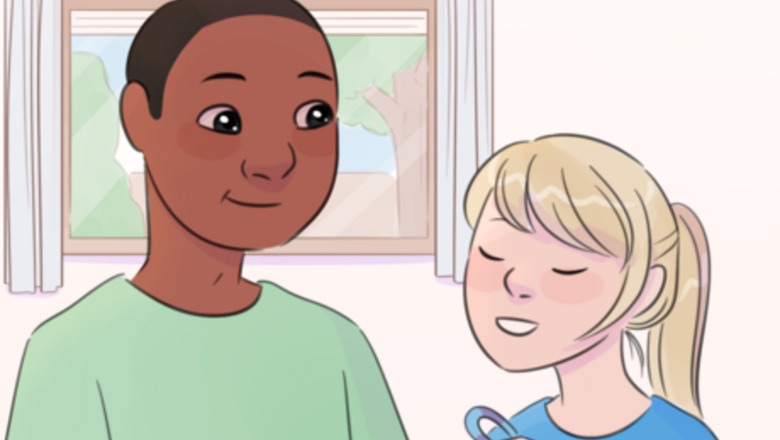
views
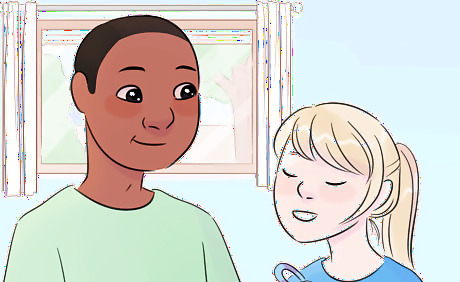
Assume the best. Presume competence, and always err on the side of assuming that the child means well. Sometimes disabled children are assumed to be angry or disobedient, when their disability is impeding their ability to move smoothly or process the demands being placed upon them. Assume that the child or teen is doing the best they can right now.

Show them patience and understanding when they struggle. A kid with a disability won't be able to do everything their peers can do—and that's okay. Be kind, to help them learn not to feel bad about being disabled. Give them extra time to follow directions and make transitions. Many tasks and activities can be tricky for some disabled kids. If they aren't doing what they're told, assume that they might be having trouble (instead of disobeying on purpose), and ask if they need help. Be honest if you can't understand them. For example, you could say "I don't understand what you're saying, but I still care. Could you try saying it more slowly, or showing me using picture cards?" Try to be helpful, not judgmental or punitive.

Avoid making assumptions. Instead, ask questions if you don't know. If you're well-meaning, most people with disabilities are happy to fill you in. Try to ask what they want or need. Don't assume that someone with a physical or developmental disability is intellectually disabled. Treat them in an age-appropriate way. Ask before helping out: "Do you want me to move this chair out of your way?" Sometimes the disabled person wants to do something different than you anticipated (e.g. getting out of the wheelchair to sit in the chair). Abilities can vary day to day, based on factors like stress, tiredness, and flare-ups. Someone who can walk with crutches today might need a wheelchair tomorrow.
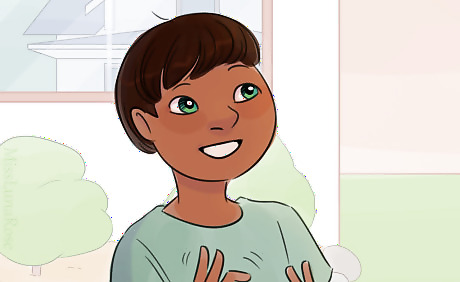
Don't fear disability. It may be new to you, but to the disabled person, it's a fact of life. There's no need to get nervous or antsy around the person.

Treat their disability and its traits as natural. Kids and teens with special needs may be insecure about their disability. Treat it similarly to how you'd handle a peanut allergy: talk about it calmly and casually, and accommodate it without making a fuss. This sends the message that you care, and that their needs are not a burden. Assume that any harmless disability traits (e.g. stimming) are there for a reason. Treat them as a personal quirk and let them be. Don't push them to stop it because these things may be important for them. If you aren't sure about their needs, it's okay to ask. "Do you need help with the door?" "Is the noise bothering you?"
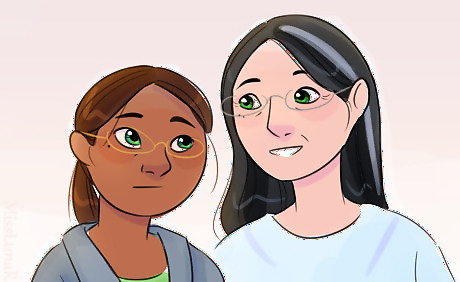
Talk to them the same way you'd talk to another kid their age. Bending down and using baby talk might be appropriate with a two-year-old, but not with a twelve-year-old. Use a tone and body language that convey respect for them. If they can speak, then model your vocabulary usage after theirs. Listening to the words they use will help you know what level of words they understand. If they don't speak, then use the same vocabulary you'd use for their same-age peers. (For example, you would use your normal vocabulary with a nonspeaking seventeen-year-old.)
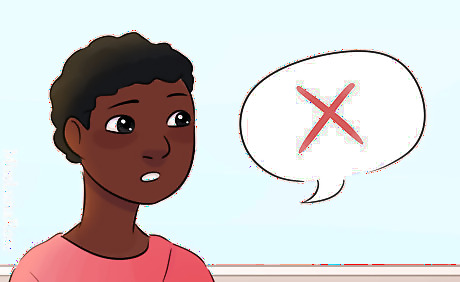
Don't disclose an invisible disability without consent. Some disabled people can "pass" as non-disabled, and while this can drain energy, it also makes them less vulnerable to discrimination and intrusive questions. If they have an invisible disability, talk with them about who knows and who doesn't know. Maybe it's public knowledge, or maybe it's something they're very shy about. Just ask: "Do you like people to know that you're disabled, or do you prefer to keep it to yourself?"
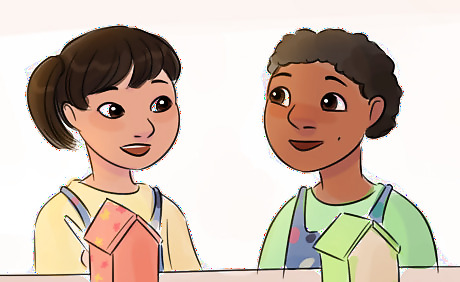
Encourage their friendships with both disabled and non-disabled kids. The child should get to know kids who have similar disabilities, and ones who are more different. Disabled children can be especially accepting and kind about differences, so don't overlook friendships with other kids with disabilities. Similarly, it's often good to have non-disabled friends too. It's better to have zero non-disabled friends than to have non-disabled "friends" who treat the kid poorly. If they are getting bullied or mistreated, protect them. Tell the kid that it wasn't okay for others to treat them this way, and that they don't have to hang out with kids who aren't nice to them.
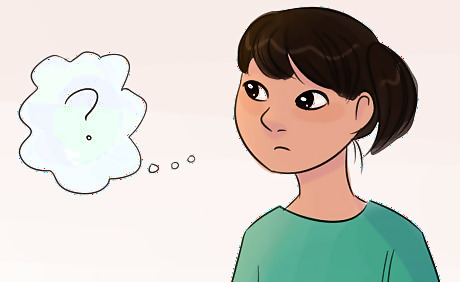
Encourage independence and decision-making. Sometimes, children with disabilities are controlled by the whims of adults, with little say in what happens to them. This deprives them of independence skills. Help out by offering them choices, talking to them (instead of over their head), and listening to what they have to say. Give them small choices, like which shirt to wear or which fruit to eat for a snack. Try giving them ability-appropriate responsibilities, from carrying a hotel room key to taking the dog out. If you want, try supervising while they do it (in case they need help), then praising them for doing a good job. This builds self-efficacy. If you have to overrule them or refuse a request, say why. For example, "I know you want that doll. It is very pretty. Unfortunately, we have to keep moving so that we aren't late for the appointment. We don't have time to shop today."

Recognize their strengths. Disability means they face challenges, but this does not make them devoid of strengths. Encourage their talents and cheer them on. Treat their strengths the same way you'd treat a non-disabled person's strengths. For example, if they love art, get them sketchbooks and colored pencils, and draw pictures together with them.

Let them support you. Kids and teens with special needs just as worthwhile people as everyone else, and they often have something to contribute (whether it's help with your calculus homework or a hug when you need it). Give them a chance. They may surprise you.

See the person and the disability. They want to be seen as a person, while having their limits and challenges respected. If you accommodate their needs, recognize their strengths, and listen to them, you will have achieved this.


















Comments
0 comment